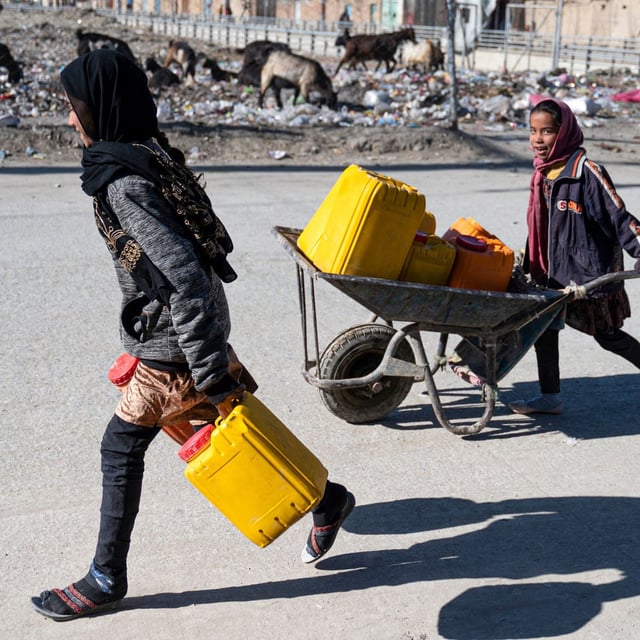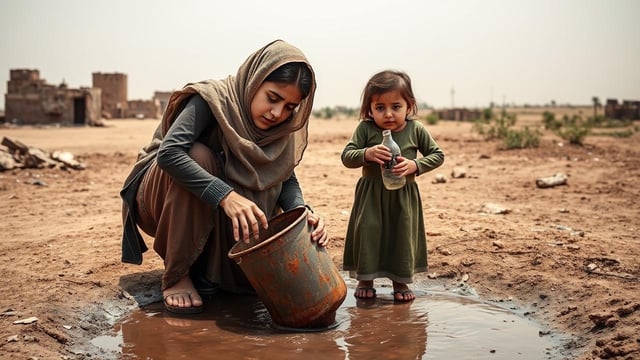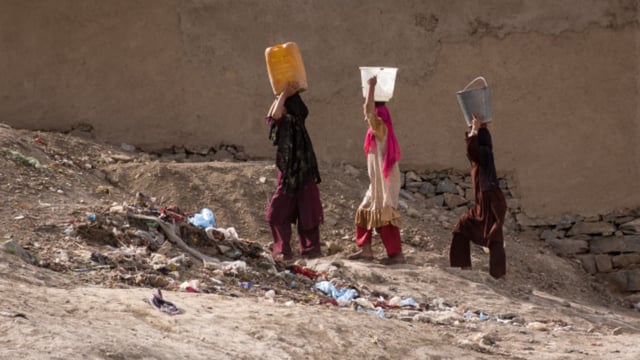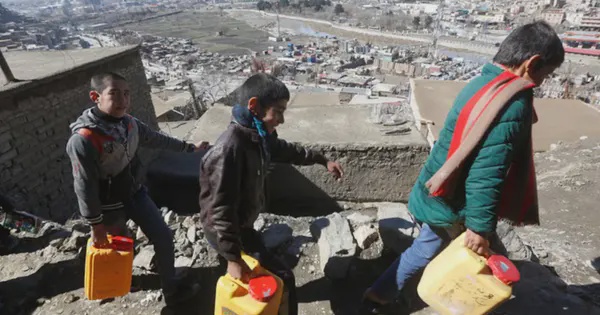Overview
- A Mercy Corps report warns that aquifer levels have dropped up to 30 meters and that extraction exceeding natural recharge by 44 million cubic meters per year could empty Kabul’s groundwater by 2030.
- Nearly half of the city’s boreholes have dried up, forcing many residents to rely on private water tankers charging inflated prices.
- Up to 80% of the remaining groundwater is contaminated with sewage, salinity and arsenic, creating serious health risks.
- Households spend as much as 30% of their income on water and over two-thirds have fallen into water-related debt to afford scarce supplies.
- International aid for water and sanitation has plummeted, with only $8.4 million of $264 million raised and $3 billion frozen since 2021, while a Panjshir River pipeline project that could serve 2 million people remains unfunded.



